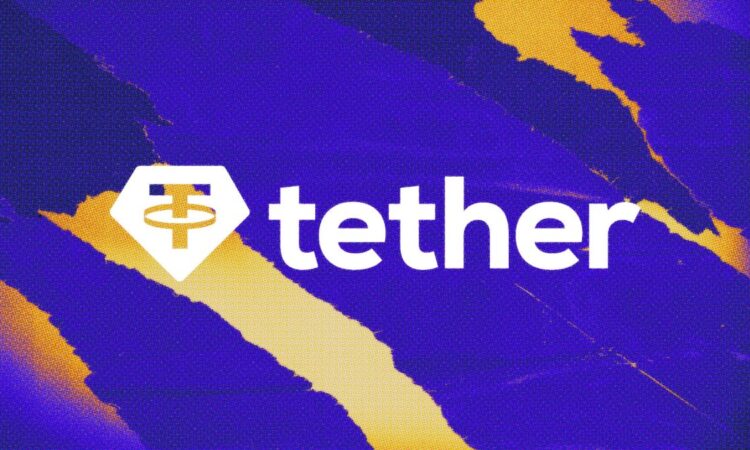
“Tether has been actively involved in regulatory technical standards consultations over the past months and remains concerned that MiCA contains several problematic requirements,” Ardoino told The Block. “These requirements could not only render the job of a stablecoin issuer extremely complex but also make EU-licensed stablecoins extremely vulnerable and riskier to operate. As with any regulatory framework of this scale, further discussions on the technical implementation standards are crucial to providing clarity to the market over certain provisions,” he added.
On Monday, Binance, the world’s largest cryptocurrency exchange by trading volume, said that from June 30, it would restrict access to “unauthorized” stablecoins. The company did not mention Tether’s USDT stablecoin in its announcement, the world’s largest by circulation, but it remains unclear whether MiCA will impact Europeans’ access to the stablecoin.
Binance CEO Richard Teng clarified in an X post Monday that “Binance won’t delist any unauthorized stablecoins on spot but will limit their availability for [European] users only on certain products,” adding “updates on regulated stablecoins will be shared soon.”
While Binance said it would begin restricting access to “unauthorized” stablecoins, rival exchanges OKX and Kraken are also being forced to consider MiCA’s potential impacts. As of last month, Kraken was “actively reviewing” whether to delist USDT, according to a report. In March, OKX said it was ceasing support for USDT trading pairs in Europe, The Block previously reported.
Binance appeared to concede on Monday the looming regulation could present challenges. “Currently there are few regulated stablecoins with limited liquidity that may not be sufficient to support sudden demand across the industry,” the exchange said in a blog post.
Questions about reserves
In April, Ardoino posted to X that “we’re still discussing with the regulator about our concerns” regarding the EU’s possible requirements for capital reserves.
“Uninsured cash deposits are not a good idea,” he added. “We should learn from what happened with Silicon Valley Bank and another major stablecoin in the US. If a bank goes bankrupt, uninsured cash goes into bankruptcy. Stablecoins should be able to keep 100% of reserves in treasury bills, rather than exposing themselves to bank failures keeping big chunk of reserves in uninsured cash deposits. In case of bank failure, securities return back to the legitimate owner.”
The vast majority of the roughly $110 billion of USDt in circulation at the end of the first quarter were backed by U.S. Treasurys, according to an attestation published last month.
‘Tether has engaged extensively with its exchange counterparties’
Ardoino said in the lead-up to the impending effective dates for stablecoin issuers and crypto-asset service providers in the EU that “Tether has engaged extensively with its exchange counterparties in Europe regarding the requirements, including those pertaining to the ongoing listing of USDt and other Tether tokens, and the interpretation of key regulatory provisions.”
While Tether is “optimistic about MiCA’s implementation,” it remains “crucial that stablecoin regulatory policies enacted are balanced, protect consumers, and nurture growth in our emerging industry,” Ardoino said.
MiCA regulation
As it currently stands under MiCA, to be a regulated stablecoin provider in the EU, issuers must possess an electronic money institution, or EMI, license. The requirement could be positive for users, but only if the EU takes it seriously, Jon Egilsson, co-founder of Monerium, told The Block.
“The EMI license is mostly for consumer protection and to ensure singleness of money,” Egilsson said. “But it will not work unless regulators enforce the law, and the EU regulators have failed so far.”
Monerium was the first company to receive an EMI license to legally issue a stablecoin in Europe, according to Egilsson.
Disclaimer: The Block is an independent media outlet that delivers news, research, and data. As of November 2023, Foresight Ventures is a majority investor of The Block. Foresight Ventures invests in other companies in the crypto space. Crypto exchange Bitget is an anchor LP for Foresight Ventures. The Block continues to operate independently to deliver objective, impactful, and timely information about the crypto industry. Here are our current financial disclosures.
© 2023 The Block. All Rights Reserved. This article is provided for informational purposes only. It is not offered or intended to be used as legal, tax, investment, financial, or other advice.






